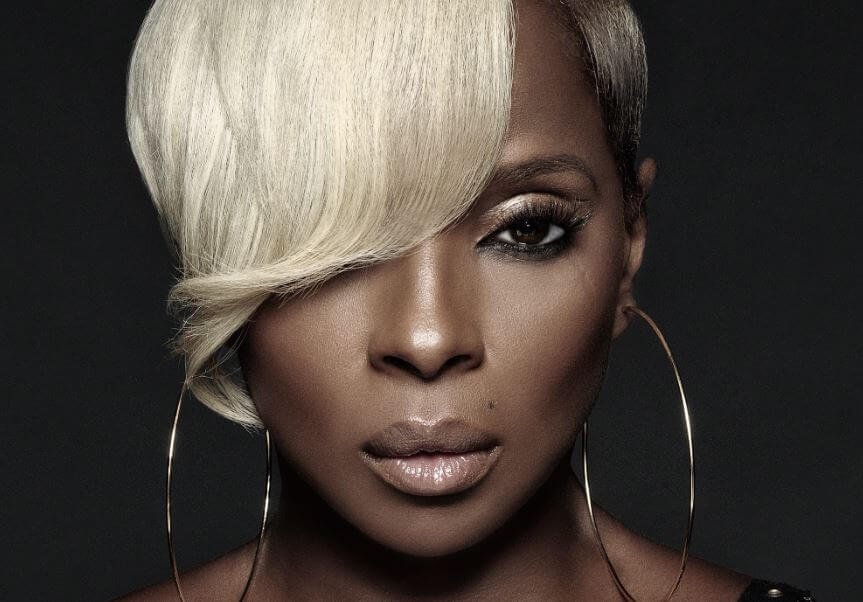 The Queen of Hip Hop Soul is solidifying her long overdue place among the best of the best.
The Queen of Hip Hop Soul is solidifying her long overdue place among the best of the best.
Mary J. Blige has been nominated as an inductee into the Rock and Roll Hall of Fame Class of 2021.
Other nominees include Jay Z, Tina Turner, Dionne Warrick, The Go Gos, and the Foo Fighters.
The question begs what took so long?
Ever since bursting onto the scene in 1992 with the release of her debut What’s the 411?, Mary J. has been to hip hop what Bessie Smith and Billie Holiday were to the blues, Nina Simone to Jazz, Aretha Franklin was to R&B, and fellow nominee Tina Turner to Rock n Roll.
An unapologetic black woman singing her life story with the same rawness and authenticity as her predecessors with a sound of her own.
Emerging out of the Yonkers projects in New York and enduring abuse, poverty, addiction, and divorce along the way has made Mary J. the optime of survivor.
Her calls for liberation and freedom from the white supremacist patricarchy became a rallying cry for so many women.
Dr. Treva B. Lindsey, Associate Professor of Women’s, Gender, and Sexuality Studies at Ohio State University with a focus on hip hop and black feminism explains the queen in full proper context and then some.
What do you think Mary brought to hip hop that has allowed to have longevity?
Realness and sincerity. Throughout her career, Mary J. Blige has always given us songs and performances that appear to arise from the depths of her soul. There’s a vulnerability in her music and her performances that resonates on a profound level. Hip hop pivots around compelling storytelling. Blige is one of the best storytellers. The realism of her lyrics coupled with the way she sings and performs endears her hip hop audiences.
How do you put Mary’s legacy into the context of black feminism?
Truth-telling is a key Black feminist practice. Black feminists tell the stories of Black women with candor, complexity, and nuance. Blige’s discography explores pain, love, ecstasy, fear, loss, longing, and a whole host of emotions derived from Black women’s interior lives. Mary J. Blige also fits within a blues legacy within Black feminism as explored by Angela Davis. This blues legacy includes Black women singing about their lived experiences and the weight of racism, sexism, and other oppressive forces in their lives. Undeniably, Blige has been a soulful addition to this legacy.
How do you define the legacy of Mary J. Blige?
She’s the Queen of Hip Hop Soul and so much more. She became a legend on her own terms. She lets us into the dark places in her own life to provide us with a soundtrack for our most challenging moments. She also gave and gives us songs that make us smile and affirm the power of love. She has range and depth. Blige is uniquely gifted at connecting with her audience. She’s unfuckwitable force who shows no signs of stopping.
Mary J. Blige is immortal and her place among the greats in Cleveland is just the latest affirmation of her contributions that go way beyond the music.
We cannot be without her and that is just fine.
Latest posts by Zachary Draves (see all)
- MEGAN THEE STALLION RECEIVES MUCH NEEDED SUPPORT FROM THE SOUTHERN BLACK GIRLS & WOMEN’S CONSORTIUM — November 20, 2022
- HIP-HOP TAKES A STAND AGAINST THE OVERTURNING OF ROE V WADE — July 13, 2022
- REMEMBERING LISA LEFT EYE LOPES 20 YEARS LATER — April 25, 2022
